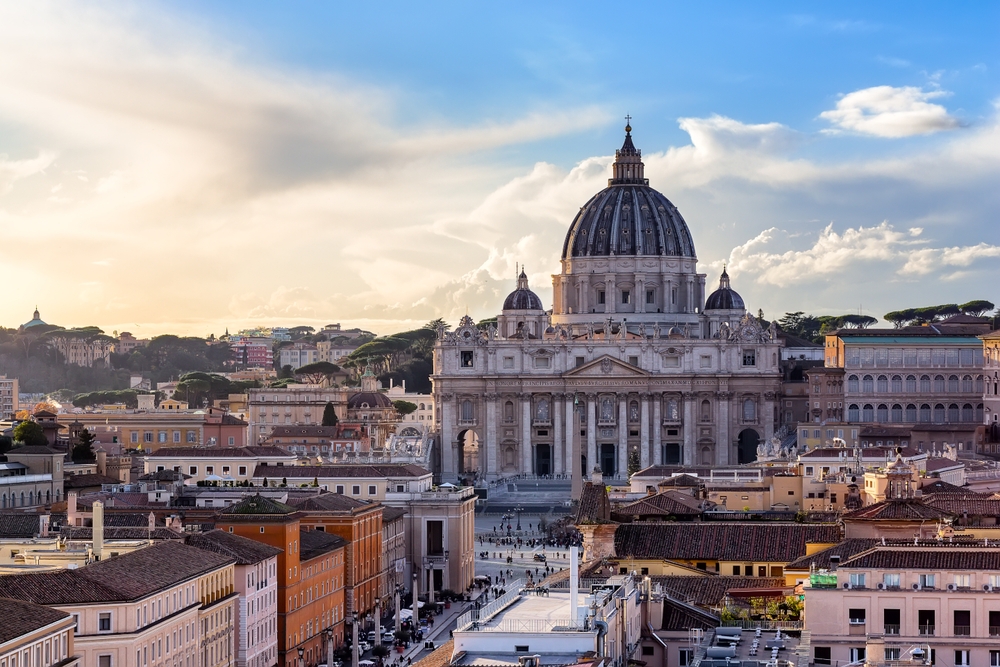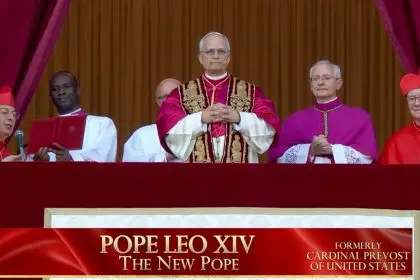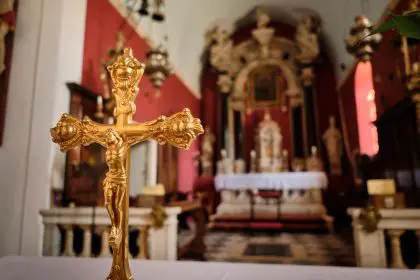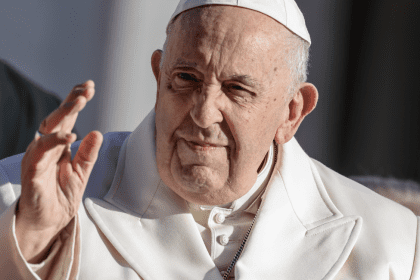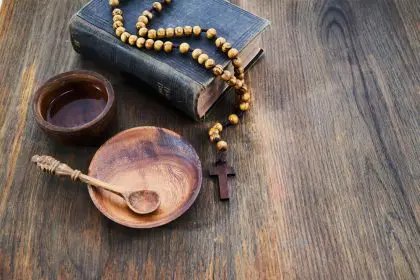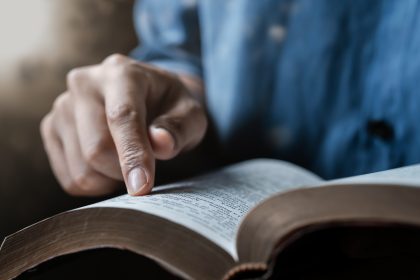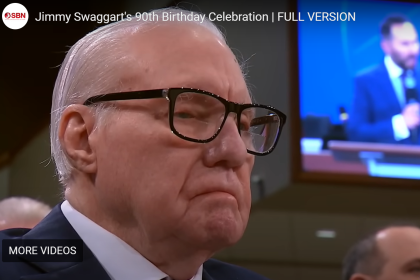In the shadow of St. Peter’s Basilica, a curious phenomenon is unfolding as the Catholic Church prepares to select its next leader. Beyond the sacred walls where cardinals will soon gather in solemn conclave, millions worldwide are placing bets on who will emerge as the successor to Pope Francis, transforming an ancient religious ceremony into a global wagering event.
The sacred meets the secular
The business of faith predictions has become increasingly mainstream as the upcoming conclave approaches. The stark contrast between the cloistered voting process and the public enthusiasm for gambling on its outcome highlights a fascinating intersection of tradition and modernity.
The selection process itself remains unchanged—cardinals will enter the Sistine Chapel, be sealed from outside influences, and cast their votes until a two-thirds majority selects the next leader of the Catholic Church. Yet simultaneously, betting markets are humming with activity as odds fluctuate on potential papal candidates.
For the 1.4 billion Catholics worldwide, this transition represents a pivotal moment for their faith. For bookmakers and casual gamblers, it represents something entirely different: an opportunity to predict history in the making.
From sports books to papal predictions
The scale of papal betting has surprised industry observers. Betting volume on the papal succession has outpaced established sporting competitions including Formula One races and Europa League football matches in several markets.
In Britain alone, approximately £30,000 (roughly $40,000) has been wagered on papal candidates. While this falls short of the £1.2 million bet on entertainment events like the Eurovision Song Contest, it represents significant interest in what was once considered a niche market.
Bookmakers across Europe have reported unprecedented activity levels for religious succession betting. Their data indicates participation from approximately 140 countries, demonstrating the global fascination with this uniquely Catholic process.
The betting markets have created their own form of consensus about likely successors, with cardinal candidates from Italy, the Philippines, and various African nations frequently appearing as frontrunners. These odds shift constantly as rumors circulate about alliances forming among voting cardinals.
Beyond traditional betting
The phenomenon extends beyond conventional gambling platforms. In Italy, where legal restrictions prohibit formal betting on religious events, informal wagering networks have emerged. Friends and family members create small pools with modest stakes, typically around $20 per participant, to predict the next spiritual leader of Catholicism.
Perhaps most indicative of the cultural moment is the emergence of “Fantapapa” or Fantasy Pope—an online game that has attracted over 60,000 participants. Players select teams of 11 cardinals they believe might become the next pope, mimicking the structure of fantasy sports leagues that have become ubiquitous in sports culture.
The game’s popularity speaks to a broader trend: the gamification of religious events. Participants compete not just for bragging rights but for the thrill of correctly predicting an outcome shrouded in ceremonial secrecy.
Ethical questions emerge
The surge in papal betting raises complex ethical considerations for both religious authorities and gambling oversight organizations. Critics argue that wagering on sacred proceedings diminishes their spiritual significance, transforming profound religious moments into entertainment spectacles.
The Catholic Church has maintained a nuanced position on gambling throughout its history. Church teaching does not categorically condemn recreational gambling but warns against its potential to become destructive. The Catechism specifically cautions that gambling becomes morally problematic when it jeopardizes the welfare of individuals or families.
Gambling researchers have expressed concern about the diversification of betting markets into cultural and religious events. Recent studies indicate approximately 10 percent of young men in Western countries exhibit signs of problematic gambling behavior—a vulnerability that expanded betting options may exacerbate.
Cultural significance beyond the odds
What makes papal succession betting particularly fascinating is its hybrid nature—part spiritual anticipation, part secular entertainment. Unlike sports betting, where participants typically have allegiances to teams or athletes, papal wagering often transcends personal religious affiliation.
Analytics from betting platforms indicate significant participation from individuals with no formal Catholic connection, suggesting the phenomenon taps into broader cultural curiosity about one of the world’s oldest continuing institutions.
The market has expanded beyond simply predicting the next pope. Betting options now include the number of voting rounds required to reach consensus, the papal name the successor will choose, and even the length of the conclave itself.
A modern lens on ancient tradition
The emergence of pope betting reflects broader societal shifts in how sacred institutions are perceived in contemporary culture. What was once exclusively the domain of religious contemplation now coexists with secular engagement, creating new forms of public participation in historically private proceedings.
For the Catholic Church, navigating this new reality presents challenges. The institution must maintain the dignity of its succession process while acknowledging the worldwide interest—both reverent and recreational—in its leadership transition.
Technology has dramatically transformed how people engage with significant events. Papal succession, once communicated to the faithful through smoke signals visible only to those gathered in St. Peter’s Square, now unfolds in real-time across digital platforms, complete with betting odds that fluctuate by the minute.
Looking forward
As cardinals prepare to enter conclave, the dual narratives of spiritual succession and secular wagering will continue in parallel. For believers, the process represents divine guidance manifesting through human instruments. For bookmakers, it represents a unique market driven by speculation and informed guesswork.
What remains certain is that when white smoke finally rises from the Sistine Chapel chimney, two very different communities will react simultaneously—the faithful receiving their new spiritual leader, and bettors discovering whether their predictions proved accurate.
This convergence of the sacred and secular captures something essential about religion in the modern era: ancient institutions continuing their traditions while new forms of engagement emerge around them, creating a complex cultural tapestry that neither religious authorities nor market makers fully anticipated.
In this sense, papal betting offers a unique window into how venerable institutions function in a world increasingly characterized by gamification, prediction markets, and participatory speculation—a world where even the selection of a pope becomes, for some, less a matter of faith than odds.

